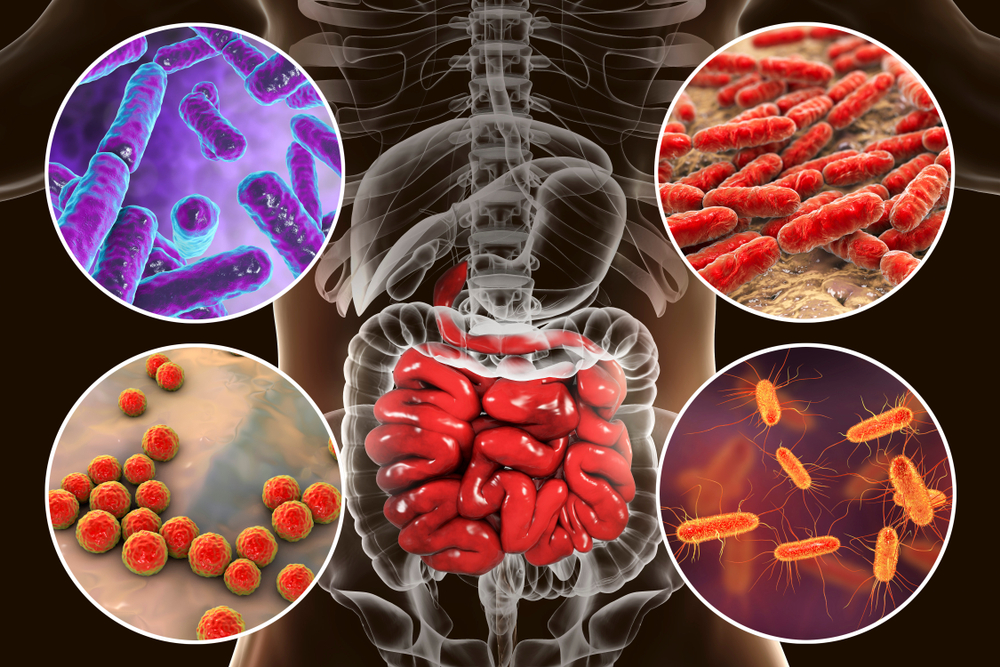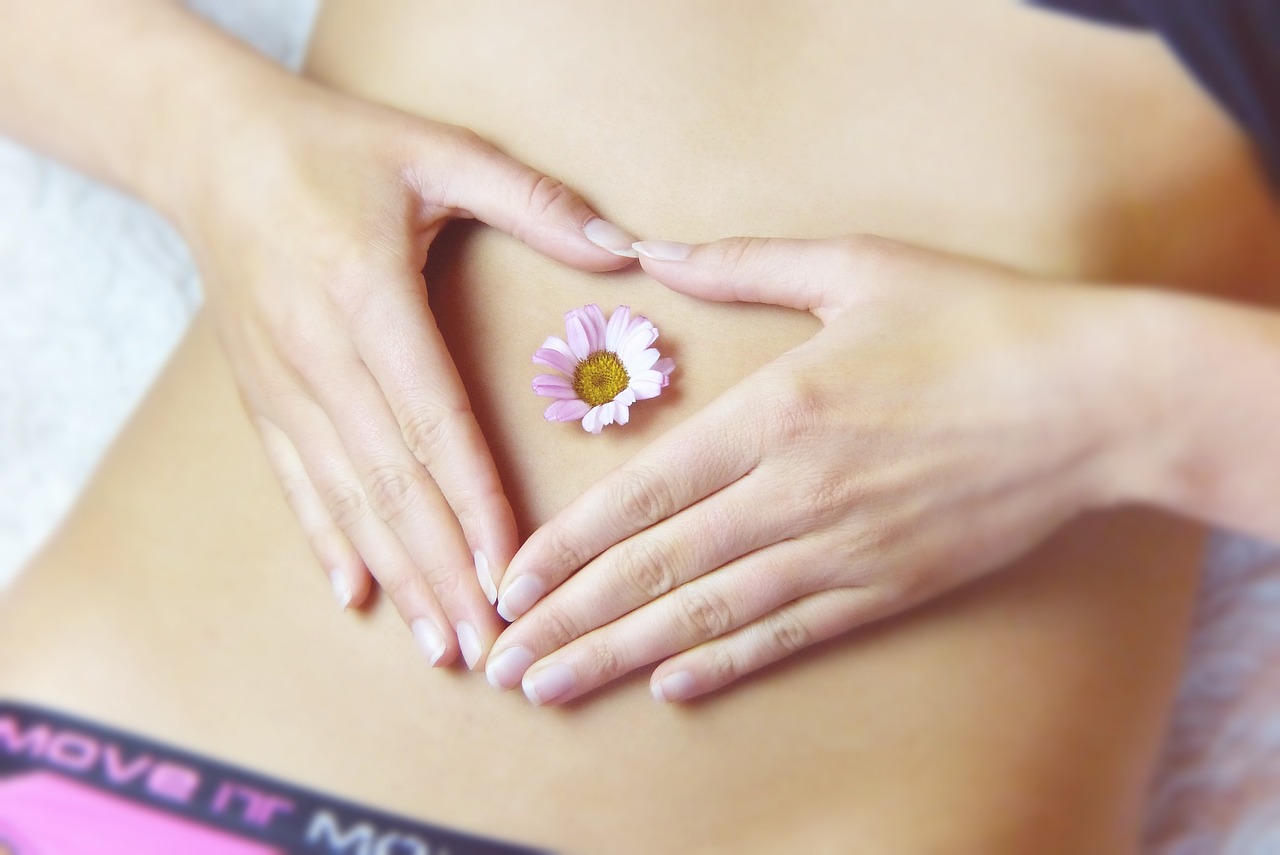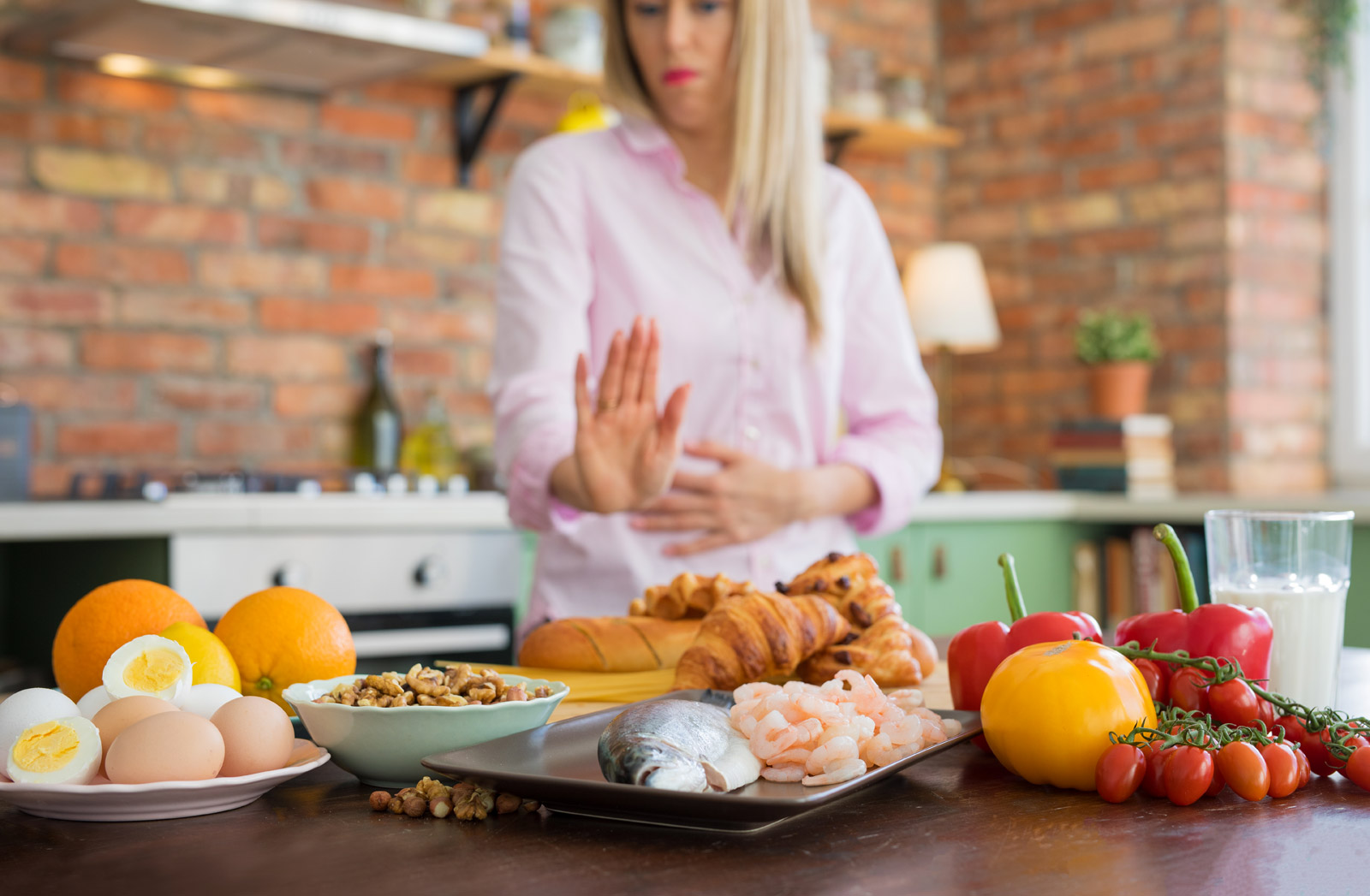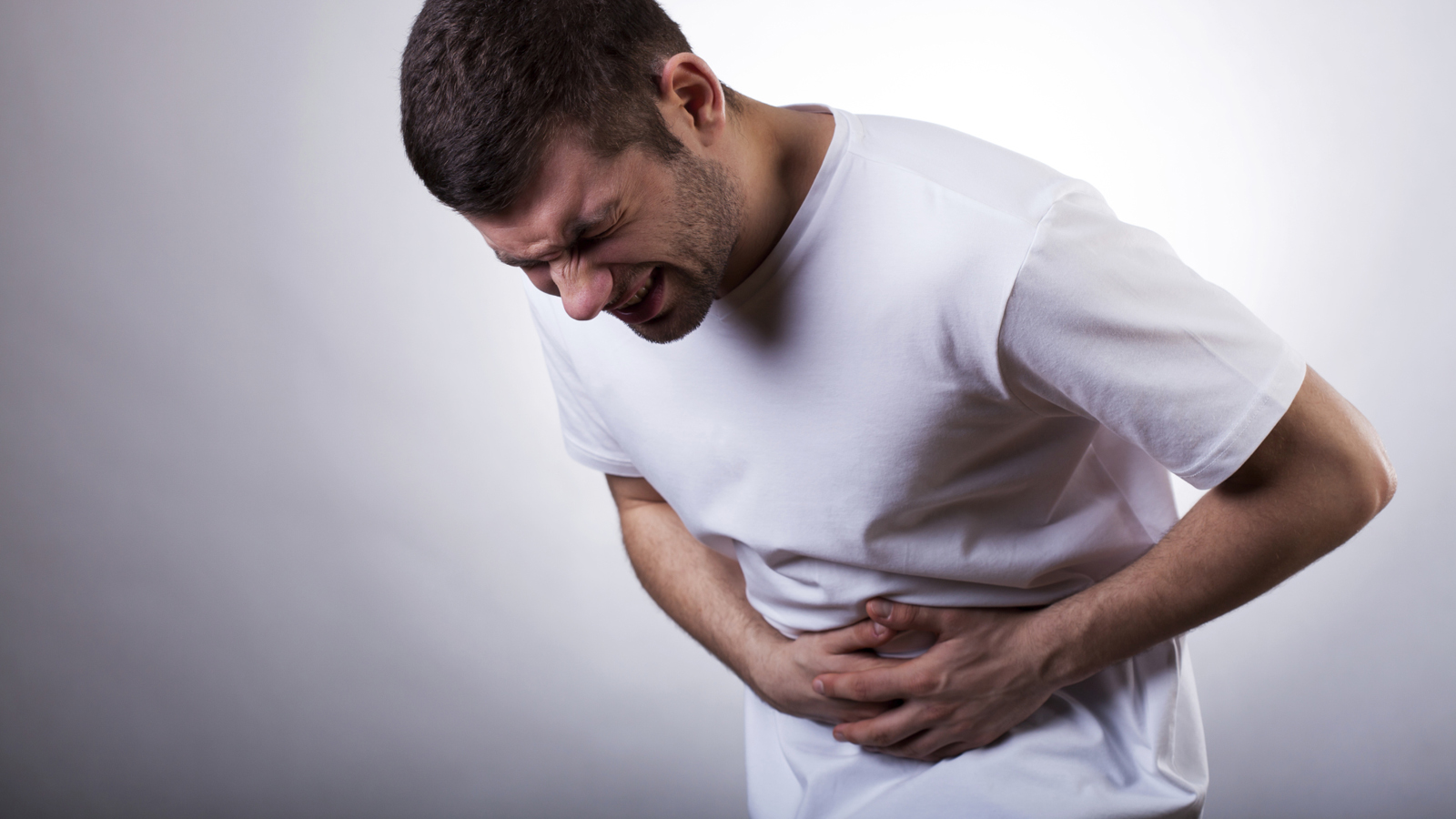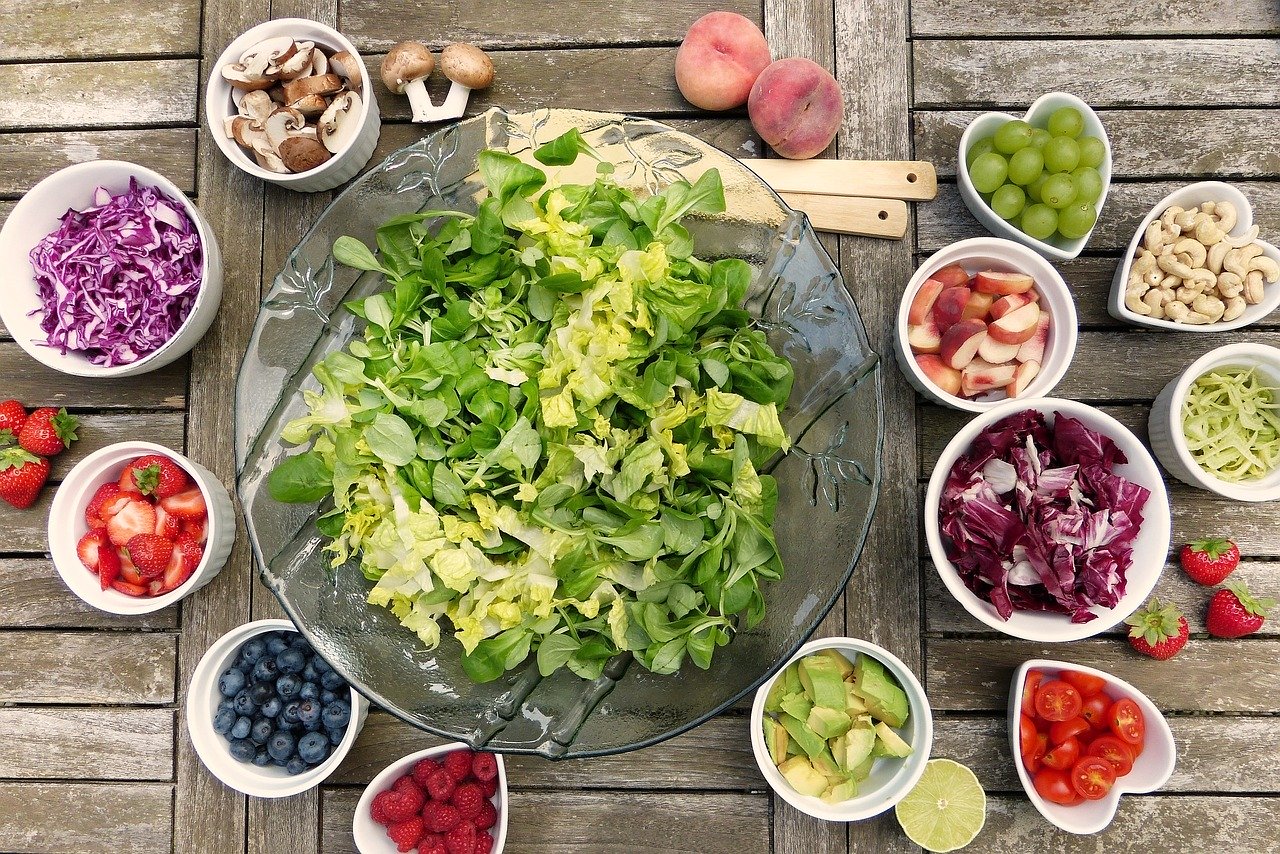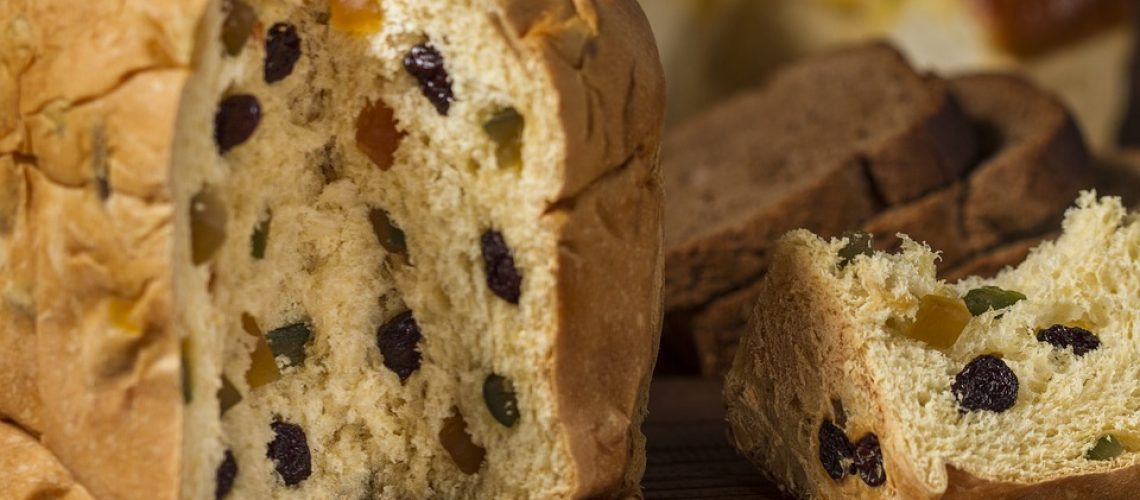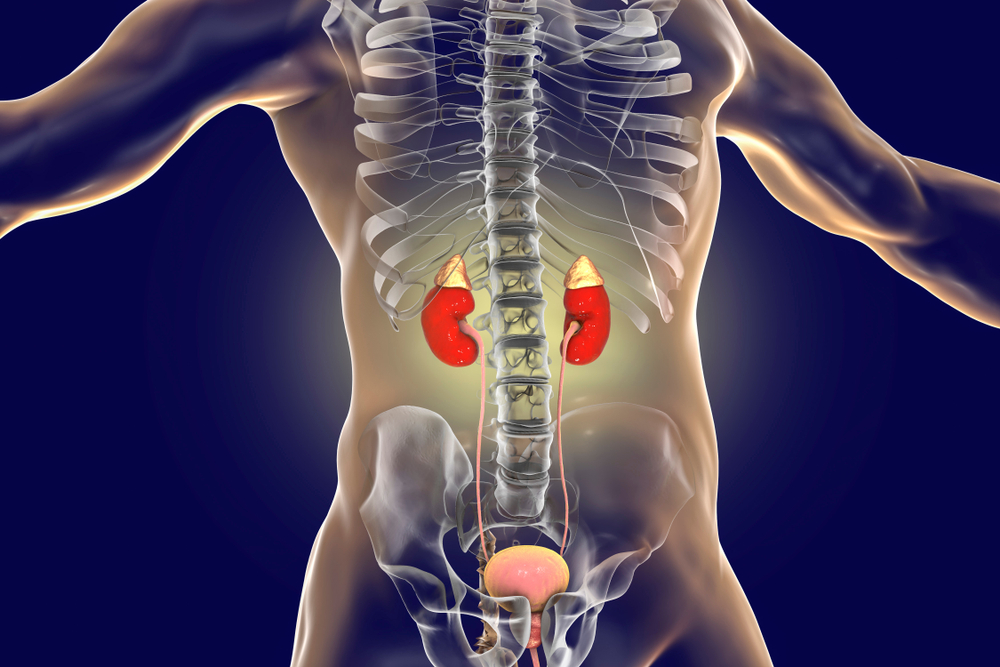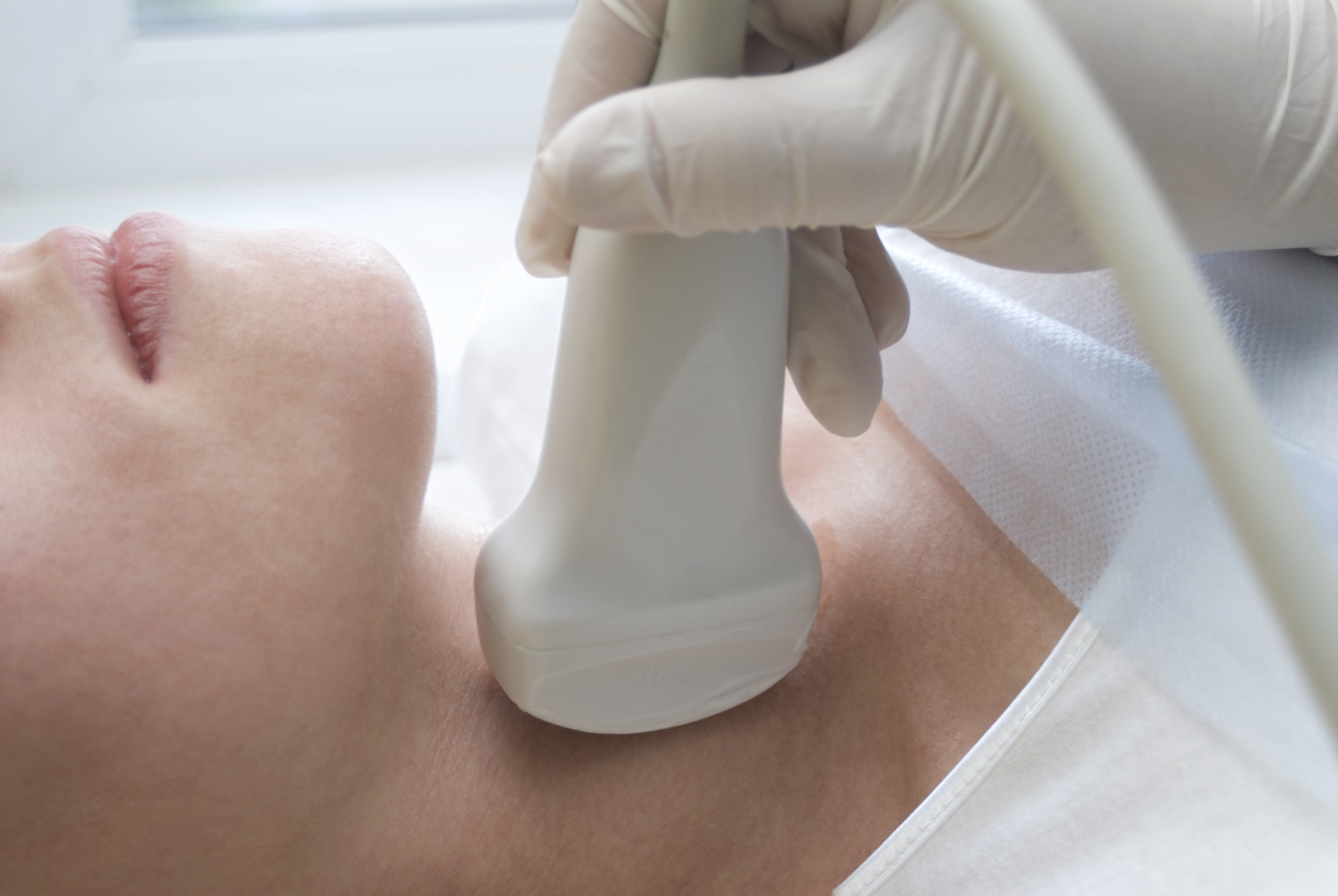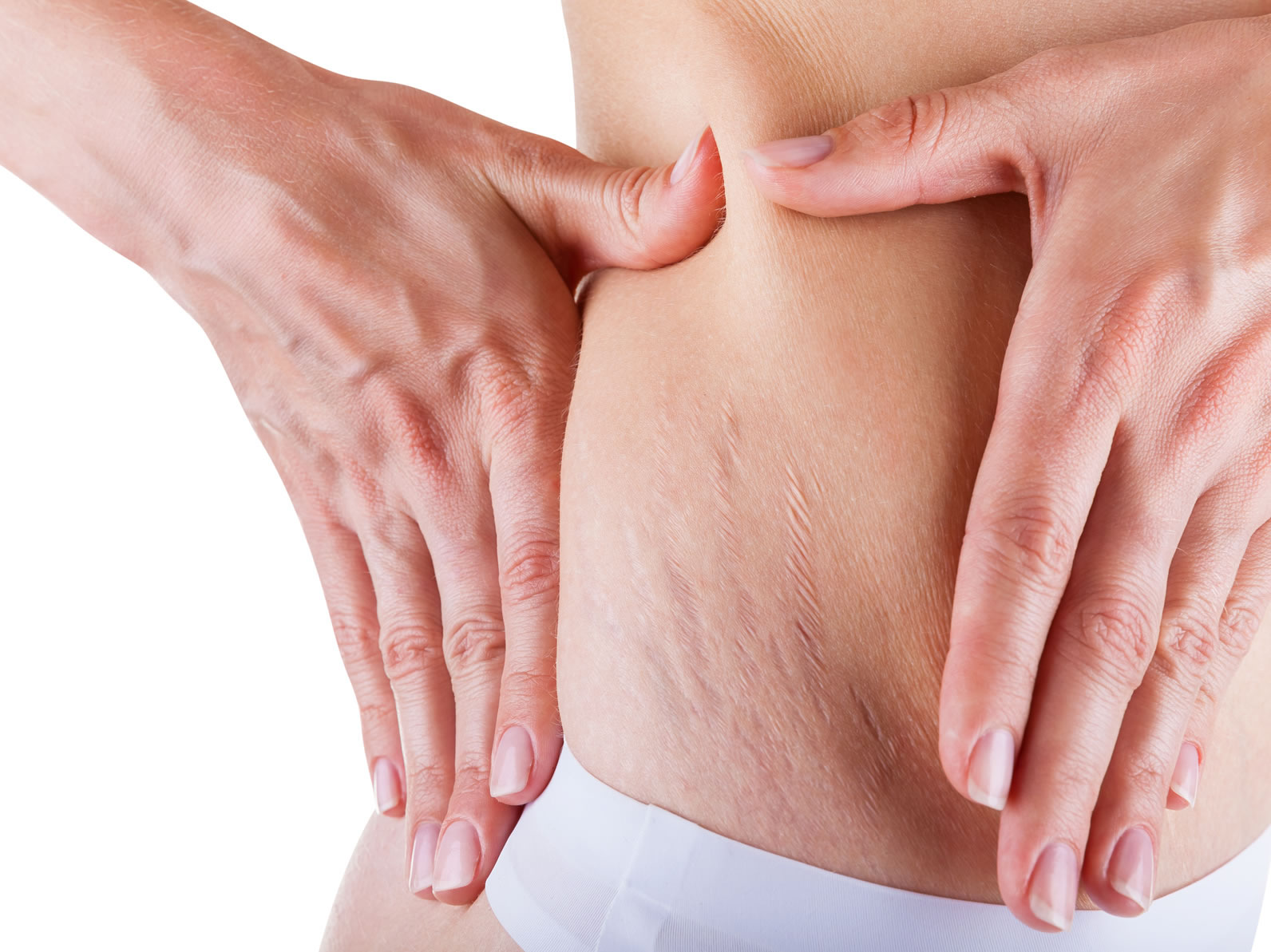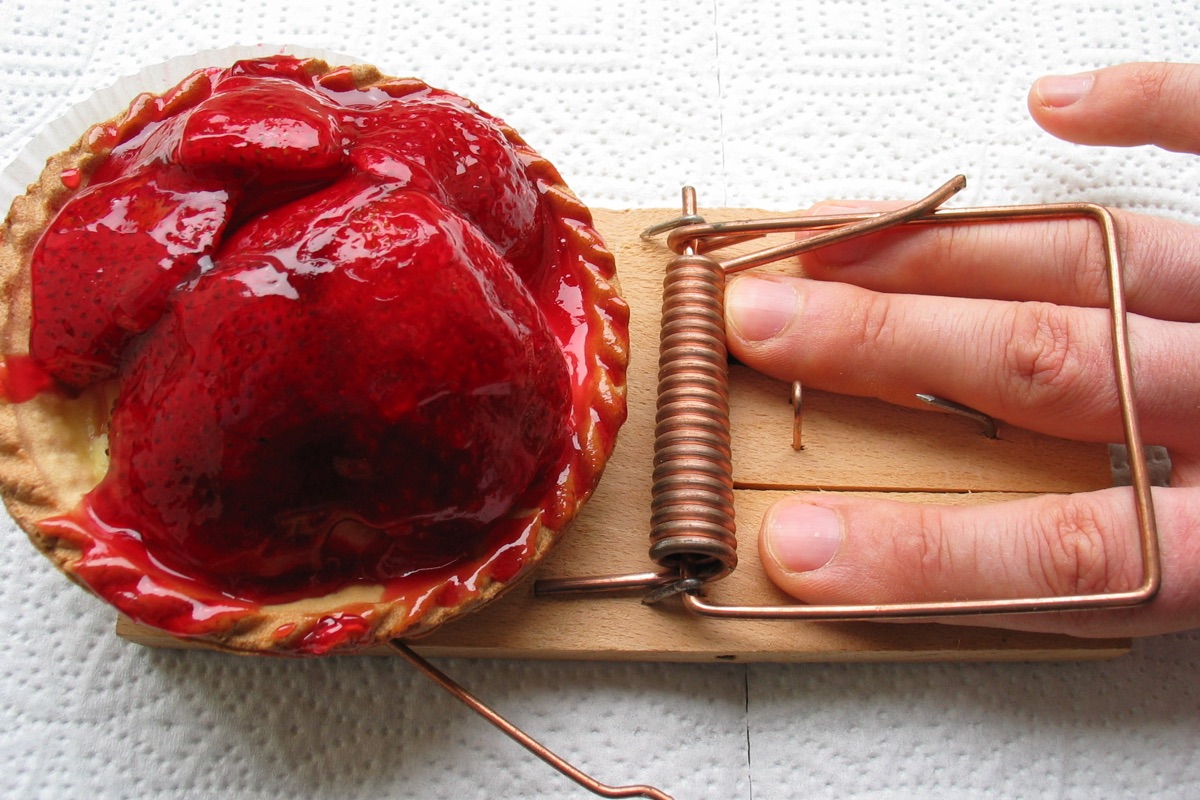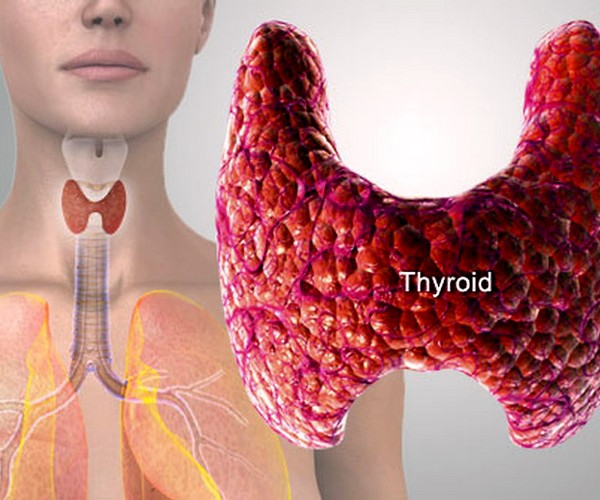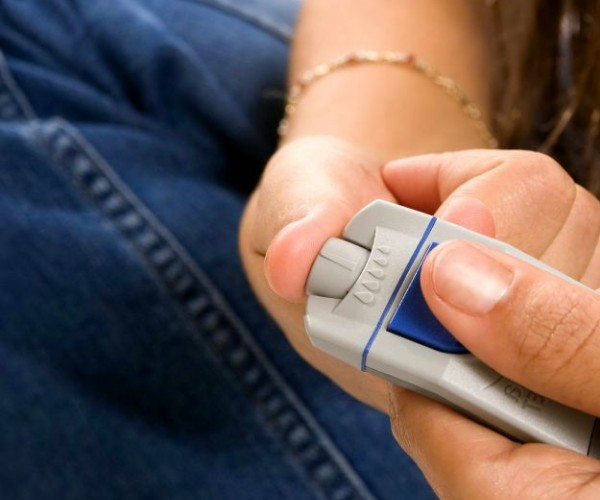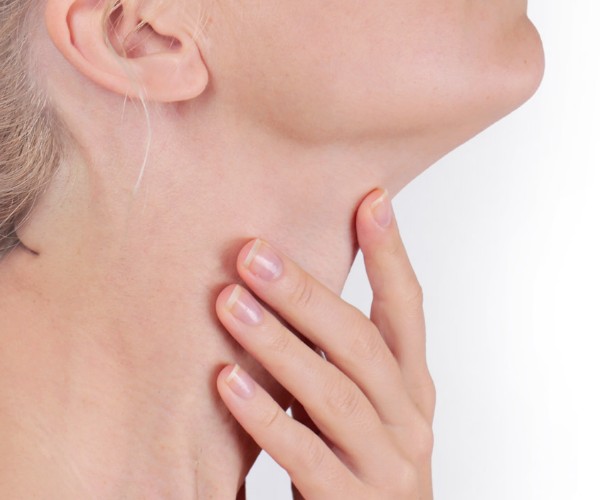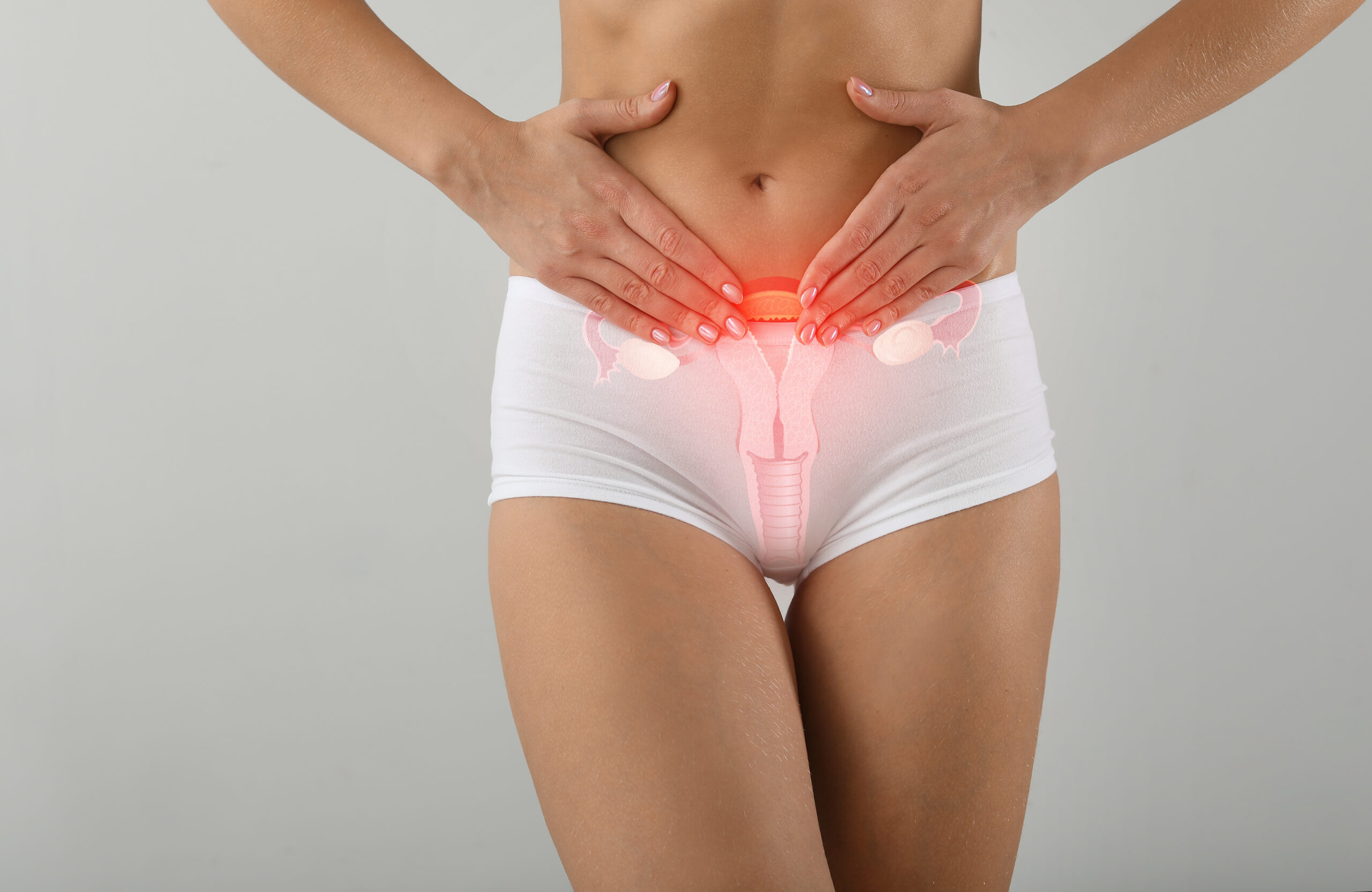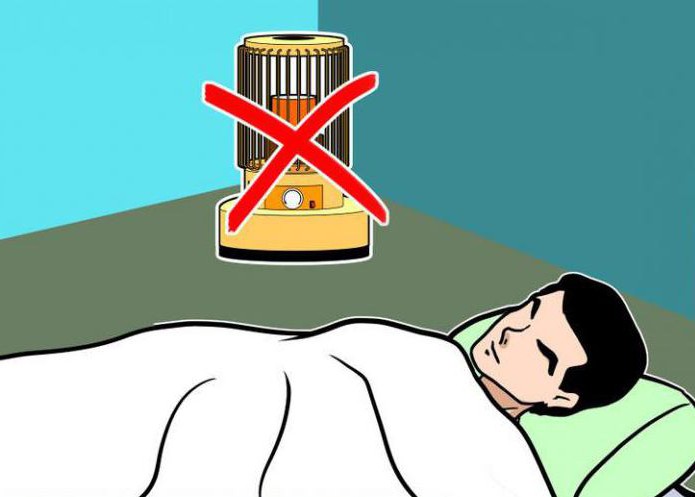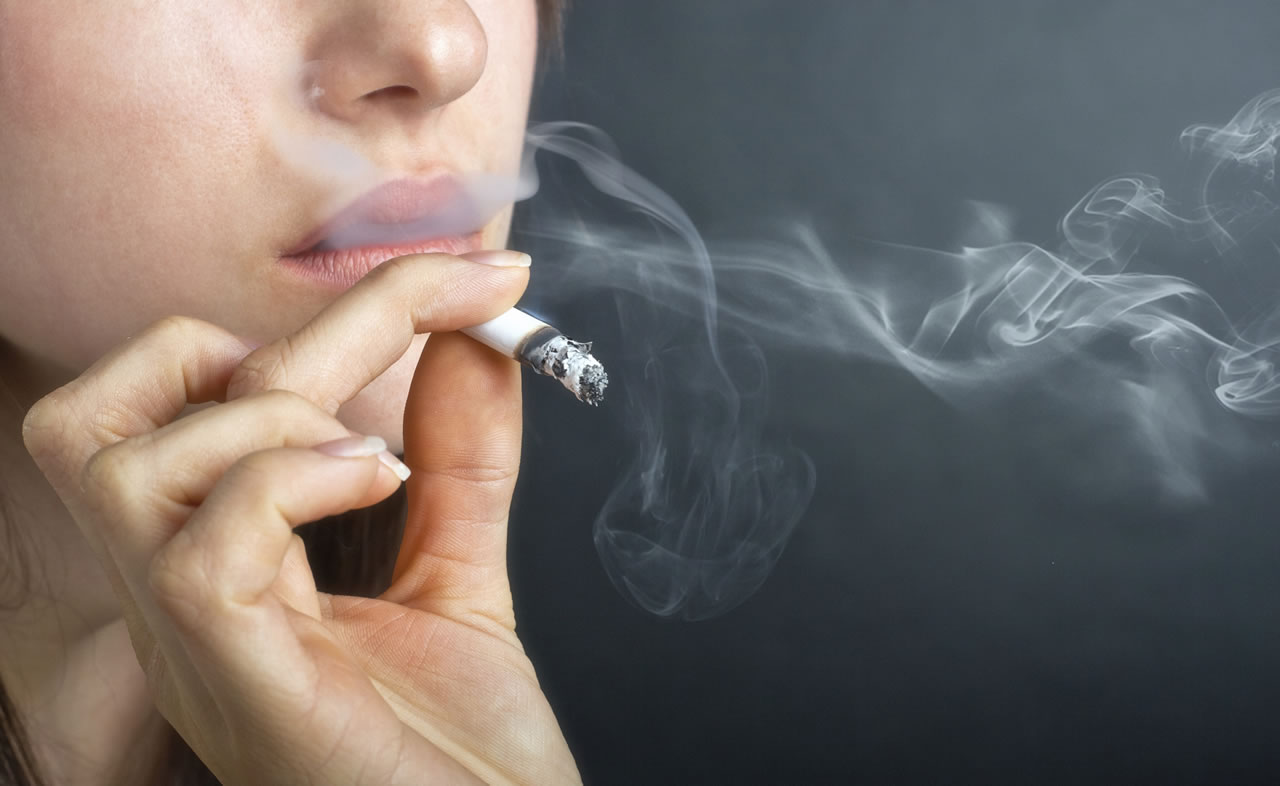It is estimated that during the Christmas season, food consumption (as well as body weight) in general increases by about 30 percent. But for many Italians, not much changes when it comes to the consumption of simple sugars, which consistently remains in excess of the recommendations of the World Health Organization and Italian and Population Reference Intake Levels of Nutrients and Energy (LARNs): the energy intake of simple sugars should not exceed 10 percent and 15 percent of total daily calories, respectively.
In this regard, data from a survey on eating habits, conducted among 5400 adults (58% female, 42% male) by the Grana Padano Nutritional Observatory: daily energy intake derived from simple sugars (between those naturally present in food and those added in preparations and beverages) corresponds to about 20 percent, registering a slight increase from surveys in previous years.
Preference for sweets does not differ between males and females: 57 percent of respondents consume snacks, brioche, and croissants (10 percent of the sample consumes them almost every day). Spoon desserts are among the most popular: 77 percent of respondents consume tiramisu, puddings, as well as cakes filled with cream, cream and chocolate. Ice cream is the favorite dessert (only 13% of the sample does not consume it!), while chocolate is by frequency the most consumed dessert: 7% of respondents every day, 16% 2 to 4 times a week; 15%, on the other hand, consume it only once a week. 22% of the sample surveyed never eat chocolate, half of the respondents never consume candy, and only 17% do not eat cookies.
“It’s important not to run out of blood sugar, but at the same time, it’s also important not to overdo it with quantities, ” says Dr. Michela Barichella of the Grana Padano Nutrition Observatory Scientific Committee and President of Brain and Malnutrition. particularly with simple sugars and especially those added in drinks and preparations. This recommendation is critical so that we do not get to the opposite situation, namely hyperglycemia, a condition that can decrease attention and memory capacity, as well as increase the risk of serious cardiovascular disease and diabetes.”
It is certainly not the occasional dessert or the teaspoon of sugar in coffee that needs to be avoided, but rather the excessive consumption of daily sugar protracted throughout the year, particularly added (free) sugars not only in industrial beverages and preparations, but also in everyday domestic gastronomy.



